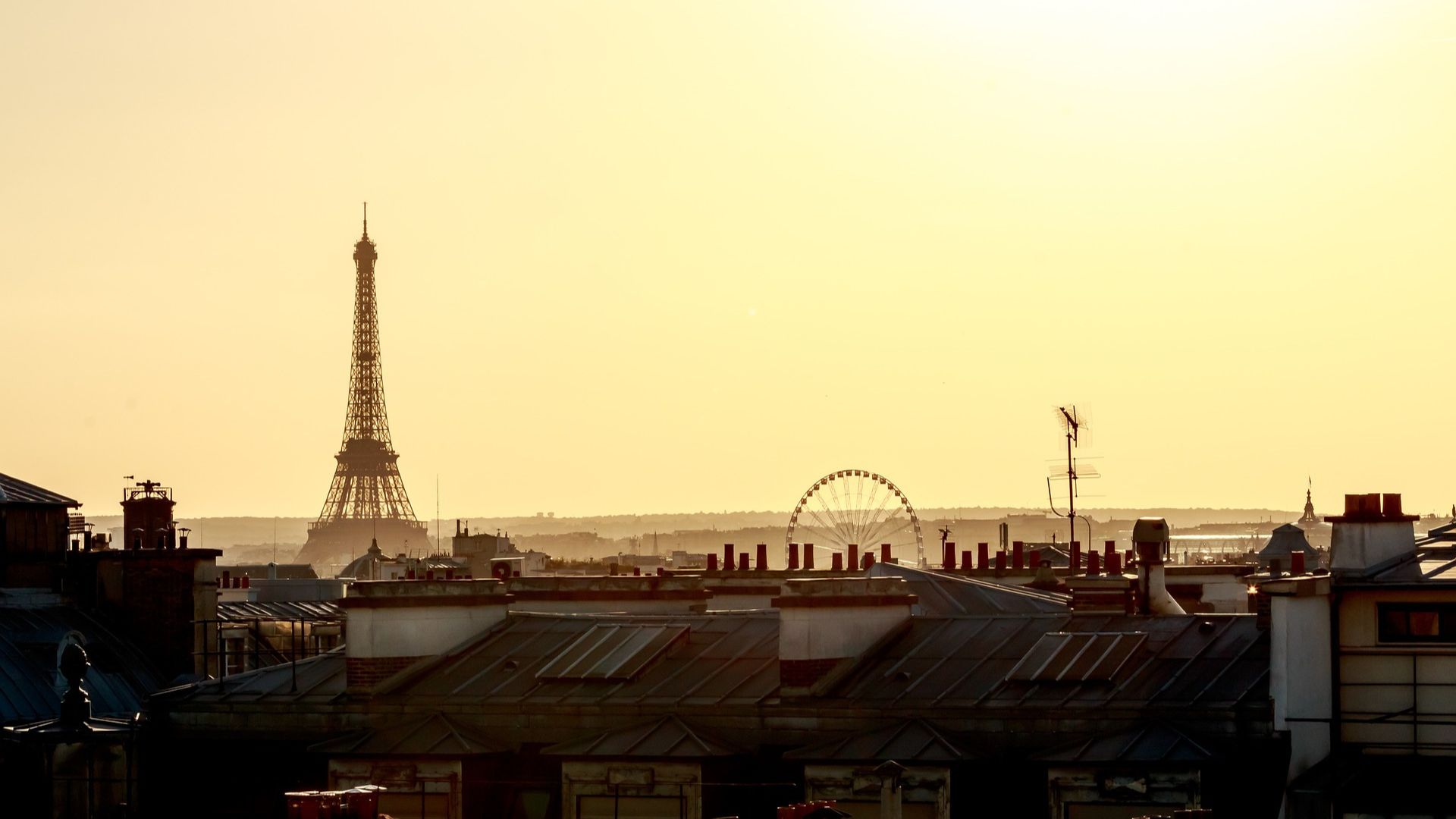Certain regions can sometimes experience a peak in ozone pollution. This is currently the case in Ile-de-France (Paris region) and in the North. What to do in these cases?
With the reinforcement of the strong heat and the sunny sky, this Thursday, June 15 also knows a peak of pollution with ozone (O3). The alert concerns all of Ile-de-Francebut Nord-Pas-de-Calais was already touched since Wednesday, June 14. A peak means that exceeding the recommended threshold – 180 µg/m3 – could be exceeded, which can have a negative impact on health. In fact, the air quality is then considered poor by an organization like AirParif.
Exceeding the alert threshold can cause eye irritation, coughing, lung problems, especially in children and people with asthma. What are the recommendations for protection and to help reduce this peak?
Public transport, telecommuting, speed reduction…
Here are the recommendations (not mandatory, but strongly recommended) of the Prefecture to limit pollution:
- Defer road travel and/or favor less polluting vehicles and/or adopt public transport (metro, carpooling, etc.)
- Favor telework if possible (or schedules)
- Reduce speed when traveling by car by 10 to 20 km/h less
- Do not aggravate the situation with activities that emit pollutants, nor use solvent-based products (varnishes, glues, paints). You should also avoid burning green waste.
Avoid outdoor activities
To protect yourself individually, the regional health agency also has recommendations:
- For everyone: avoid outdoor activities, in the open air, which require effort – like any sporting activity -, and limit the time out to a minimum during the hottest hours.
- Vulnerable people (asthmatics, children, seniors, etc.) should avoid going out during the hottest and sunniest hours.
- We can add, for individual protection in the event of a pollution peak, that it is always possible to wear a mask, but beware, only the FFP2 mask is suitable for acting as a barrier against fine particles of pollution.
- If you have difficulty breathing, talk to your doctor or any healthcare professional.
Subscribe for free to Artificials, our AI newsletter, designed by AIs, verified by Numerama!
